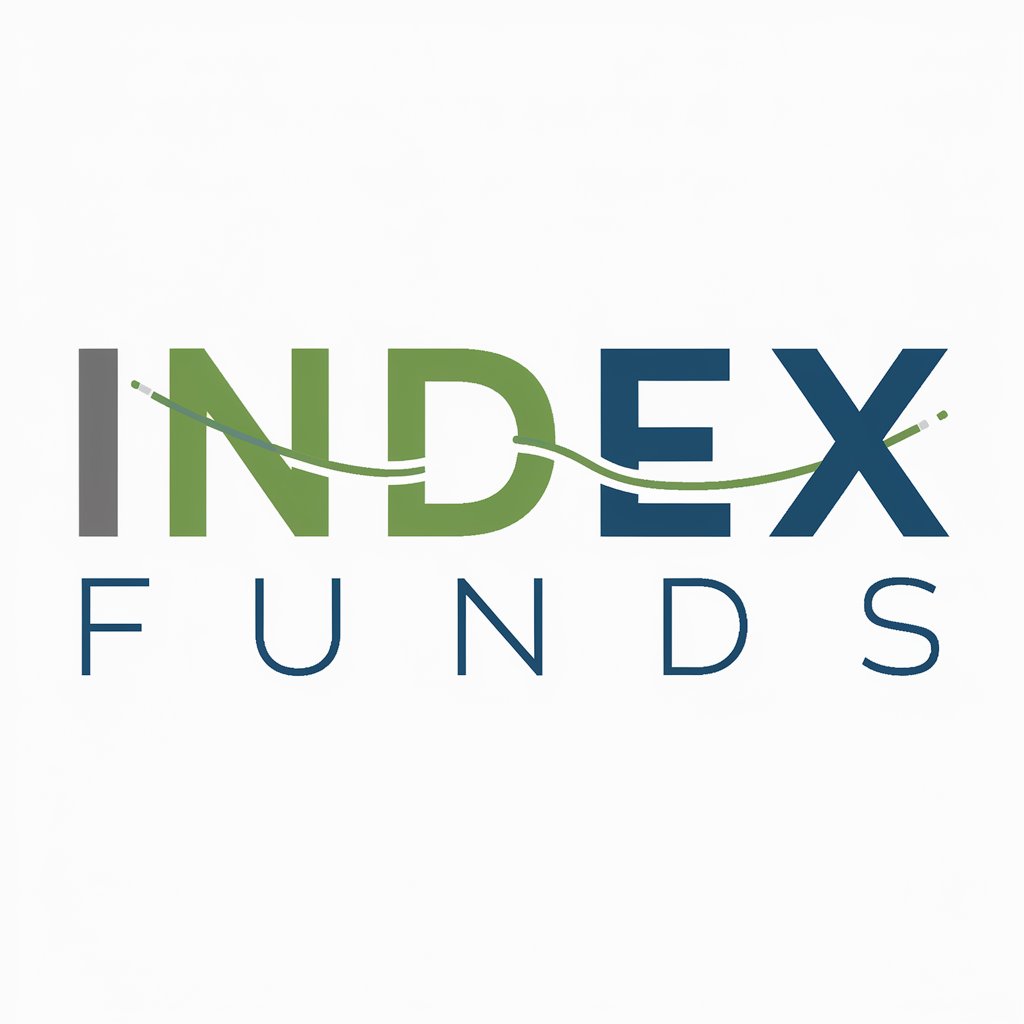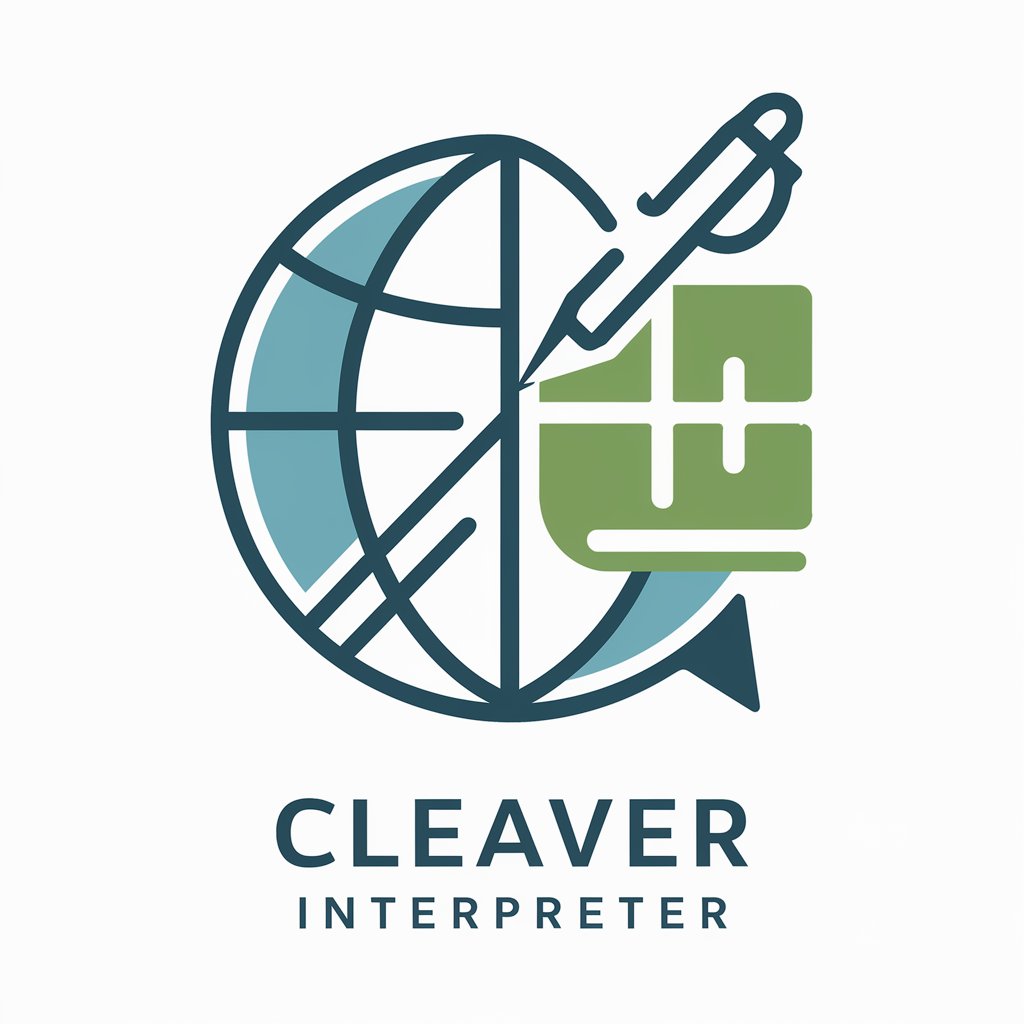Index Funds - Index Fund Insights

Welcome! Let's explore the world of index funds together.
Empowering Smart Investing with AI
Explain the benefits of investing in index funds.
How do index funds differ from actively managed funds?
What are the risks associated with index funds?
Describe how an ETF tracks a stock market index.
Get Embed Code
Introduction to Index Funds
Index funds are a type of mutual fund or exchange-traded fund (ETF) with a portfolio constructed to match or track the components of a financial market index, such as the S&P 500, Nasdaq-100, or Russell 2000. Their primary design purpose is to offer investors a passive investment strategy, as opposed to active fund management where the goal is to outperform the market. By mirroring the index, these funds aim to replicate its performance, thus providing investors with broad market exposure, low operating expenses, and low portfolio turnover. For example, an S&P 500 index fund aims to replicate the performance of the S&P 500 by holding the same stocks in the same proportions as the index. This approach allows investors to benefit from the overall market performance without the need to select individual stocks. Powered by ChatGPT-4o。

Main Functions of Index Funds
Diversification
Example
An investor buys shares in a Total Stock Market Index Fund to gain exposure to a wide range of sectors and companies, minimizing the risk of investing in individual stocks.
Scenario
This function is crucial during market volatility, as it spreads out risk across many assets, reducing the impact of poor performance in any single investment.
Cost Efficiency
Example
By investing in an S&P 500 ETF, an investor incurs lower expense ratios compared to actively managed funds, since index funds do not require extensive research or frequent trading.
Scenario
This is particularly beneficial for long-term investors looking to maximize their returns by minimizing costs associated with fund management.
Simplicity and Accessibility
Example
A beginner investor chooses a Nasdaq-100 index fund for its straightforward investment strategy, making it easy to invest in a wide array of technology companies without the need for in-depth analysis.
Scenario
This function appeals to investors who prefer a hands-off investment approach but still want exposure to specific sectors or the entire market.
Ideal Users of Index Funds
Long-term Investors
Individuals planning for retirement or long-term goals benefit from index funds due to their low costs, market-wide diversification, and historically reliable returns over time.
Passive Investors
Investors who prefer a 'set and forget' strategy, avoiding the need to constantly monitor and make changes to their investments, find index funds appealing for their simplicity and effectiveness in tracking market indexes.
Cost-conscious Investors
Those looking to minimize investment costs, including fees and taxes, benefit from the low expense ratios and efficient tax management of index funds, enhancing net returns over time.
Beginners and DIY Investors
Newcomers to investing and those managing their own portfolios value index funds for their accessibility and ease of understanding, providing a solid foundation for building a diversified portfolio.

Using Index Funds: A Step-by-Step Guide
Begin Your Journey
Start by exploring index funds without the hassle of sign-ups or subscriptions. Visit a platform offering free trials, such as yeschat.ai, to gain immediate access.
Research and Select
Conduct thorough research on various index funds to understand their performance history, management fees, and the index they track. Tools and resources like financial news websites, investment platforms, and financial advisors can offer valuable insights.
Evaluate Your Investment Goals
Align your choice of index fund with your investment goals, risk tolerance, and investment horizon. Whether you're seeking long-term growth, diversification, or a specific market exposure, ensure the fund matches your objectives.
Initiate Investment
Open a brokerage or investment account if you don't already have one. Through your chosen platform, purchase shares of the index fund. Consider setting up automatic investments to consistently grow your holdings over time.
Monitor and Adjust
Regularly review the performance of your index fund in relation to your financial goals. Be prepared to rebalance your portfolio periodically to maintain your desired asset allocation and risk level.
Try other advanced and practical GPTs
3rdWave BrandBuilder
Elevate Your Brand with AI-Powered Insights

电商指导顾问
AI-powered E-commerce Expertise

Boyne Lodge Case Expert
Empowering Dispute Resolution with AI

Hackathon Organizer
Streamlining Hackathons with AI

Yoga Dreaming
Transformative Yoga Journeys, AI-Powered

Cleaver Interpreter
Translating languages, understanding nuances.

GPTify Sales Expert
AI-Powered Insights for Smarter Selling

Smartphone Deal
Your AI-powered guide to smartphone deals

Dear Journal
Empowering Reflection with AI

Royalty
Crafting tales, imparting wisdom.

SEO Blog Writer GPT
Elevate Your Content with AI-Powered SEO

Several GPT by Scorpion
Empowering Creativity and Knowledge with AI

Frequently Asked Questions about Index Funds
What is an Index Fund?
An index fund is a type of mutual fund or ETF designed to replicate the performance of a specific market index, such as the S&P 500. By holding a portfolio of assets that mirrors the components of the index, it aims to provide investors with a passive investment strategy, matching the market's return at lower costs.
How do Index Funds differ from actively managed funds?
Index funds are passively managed, aiming to replicate the performance of a market index, thus typically incurring lower management fees and transaction costs. Actively managed funds, on the other hand, attempt to outperform market benchmarks through the active selection of investments, which often results in higher fees and varying performance outcomes.
What are the primary benefits of investing in Index Funds?
Index funds offer several advantages, including lower cost due to passive management, broad market exposure and diversification, and a straightforward investment strategy that aligns with the market's long-term growth potential. They are often recommended for their simplicity and effectiveness in portfolio construction.
Can Index Funds decrease investment risk?
While index funds provide diversification by holding a wide range of assets within a market index, reducing unsystematic risk, they still expose investors to systematic market risks. Diversification across different asset classes and geographic regions can further mitigate risk in an investment portfolio.
How can I choose the right Index Fund?
Selecting the right index fund involves evaluating factors such as the fund's tracking error (how closely it follows its index), expense ratio (the cost of owning the fund), tax efficiency, and the index it tracks. Aligning the fund's characteristics with your investment objectives and horizon is crucial for optimal investment outcomes.
